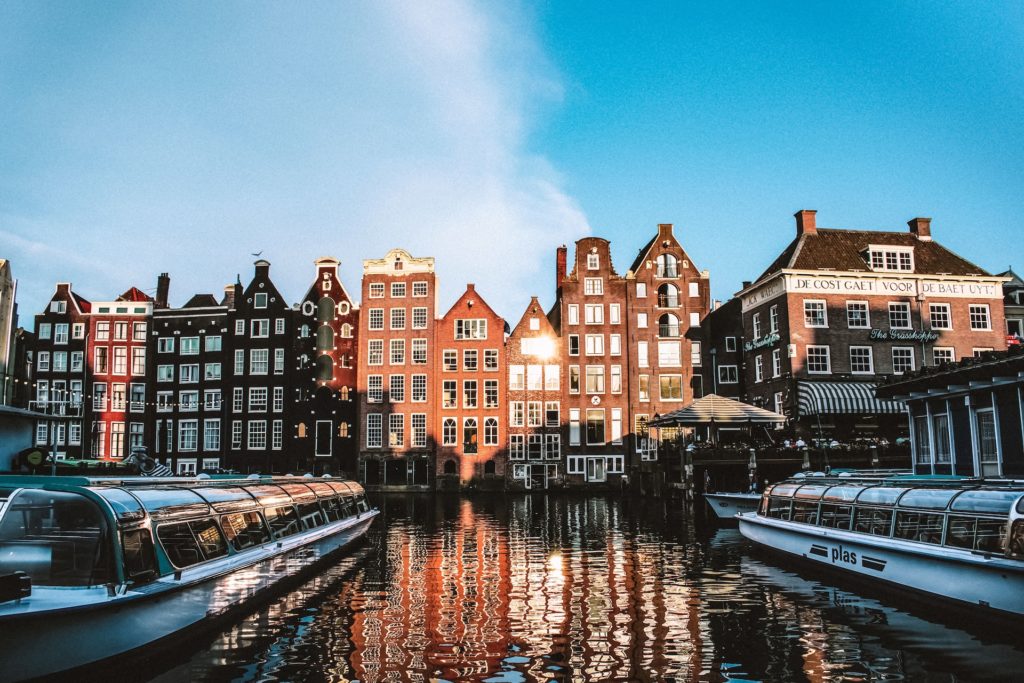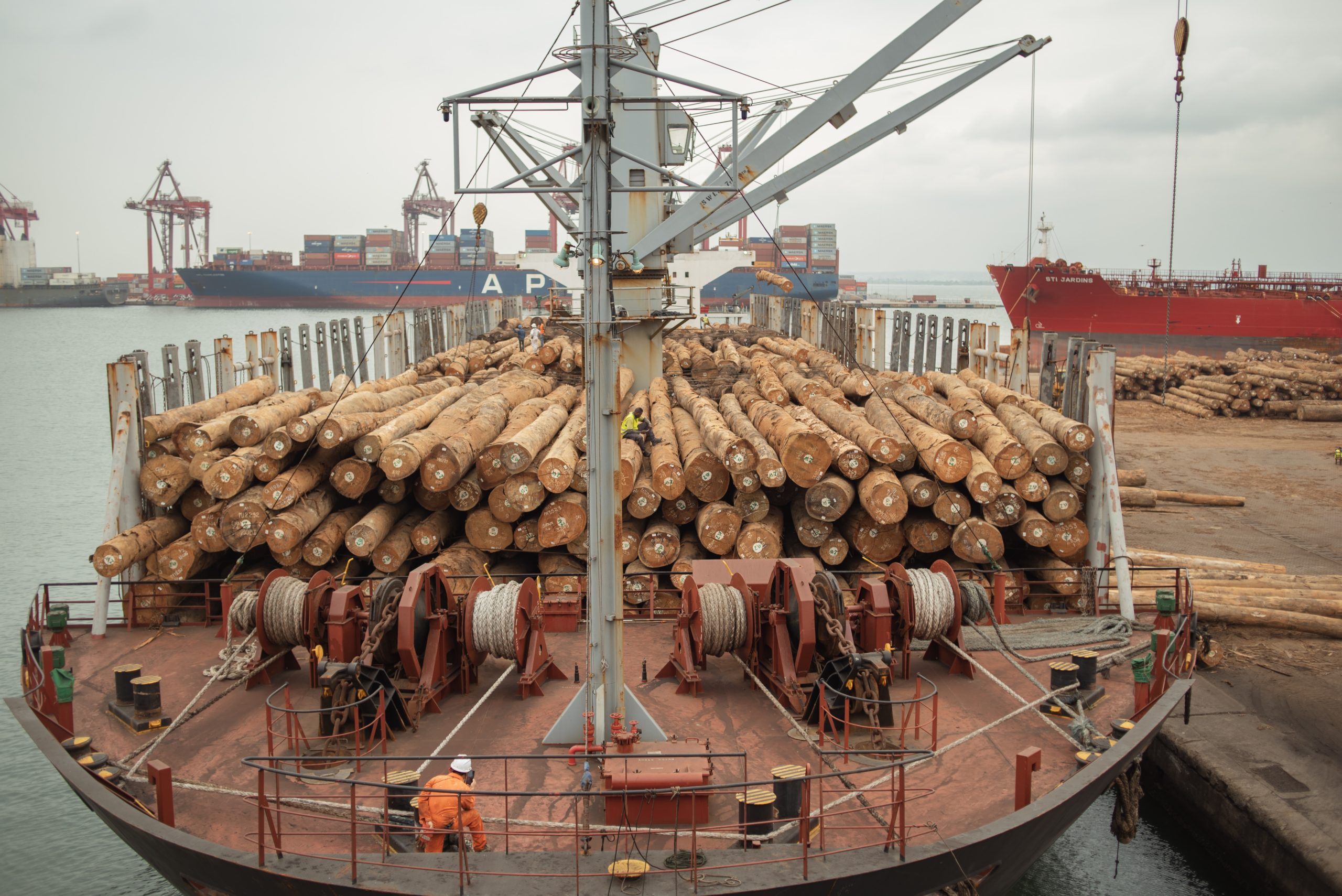When you create a firm in Europe, you automatically receive access to one of the world’s largest business hubs, along with sophisticated infrastructure, powerful legal safeguards, and a talented workforce. The EU remains the world’s second-biggest economy, with a nominal GDP of $15.6 trillion, and the largest trading union. In 2020, nine European countries ranked among the top 20 on the World Bank’s “Ease of Doing Business” ranking. Europe remains one of the most appealing destinations for foreign investment and business formation.

In terms of your sort of business, industry, and personal tastes, this is first and foremost a very personal question. Regarding the ease of doing business, there are, however, a few objective metrics that can be used to compare European nations;
The domestic market quality and size
It makes sense to launch your business in a nation where there is a sizable market for your goods or services. Naturally, the EU (and some of its neighboring nations) create a sizable single market with few trade restrictions. Selling to a country’s home market is nevertheless frequently simpler than doing so outside of it.
So let’s examine the EU countries with the largest populations. Germany has the greatest economy and is by far the most populous nation in the EU.
Quality versus quantity
A sizable domestic market is crucial, particularly if your product or service is targeted at that specific demographic. However, a larger nation and population are also accompanied by greater rivalry. Furthermore, a smaller nation with strong purchasing power may be more intriguing than a larger one with less purchasing power. For instance, while having more people than the Netherlands, Romania’s overall output is 40% lower.
Consequently, the population’s overall output per person is a valuable metric. The figure displays the GDP per capita in purchasing power standards (PPS) for the European nations relative to the average for the European Union, which is set at 100.
Largest online markets
When it comes to economic prosperity, differences between and within European nations are evident. The size and caliber of a domestic market are, however, influenced by a wide range of additional variables. These mostly depend on the nature of your firm and industry. For instance, you might be interested in the size of the internet market in a particular nation or region if you sell goods or services online.
Workforce: Reliability, competence, and adaptability
A pool of qualified candidates should be on hand if you intend to hire workers. Moving individuals to the nation where your firm is located is an alternative. All EU members are eligible to work there. Some EU nations provide tax breaks and/or visa chances for bringing in foreign workers.
National rules and regulations
Many laws and regulations across Europe have been united by the EU, either directly or indirectly. The individual member states continue to set their regulations in many industries, though. This implies that a good or service may still be subject to strict regulation in one nation but not in another. Good examples are CBD products made from plants, such as CBD oil. In the Netherlands, they are very simple to sell, whereas Germany and Denmark, for instance, have stricter regulations.
Residence and employment rights for non-EU citizens
If you are an EU citizen, you are free to live, work, and start a business anywhere in the EU (including Norway, Switzerland, Iceland, and Liechtenstein). Even though it is usually only a formality, you would still need to apply for a residence permit in the nation where you will be staying. This automatic right to work in the European country of their choice does not apply to anyone from outside the EU/EEA.
Non-EU/EEA nationals who want to relocate to Europe to start a business should research the numerous visa options that European nations provide.
You may also find these articles helpful
Advantages of registering a company in Portugal
Advantages of registering a company in Poland
Advantages of registering a company in Norway






